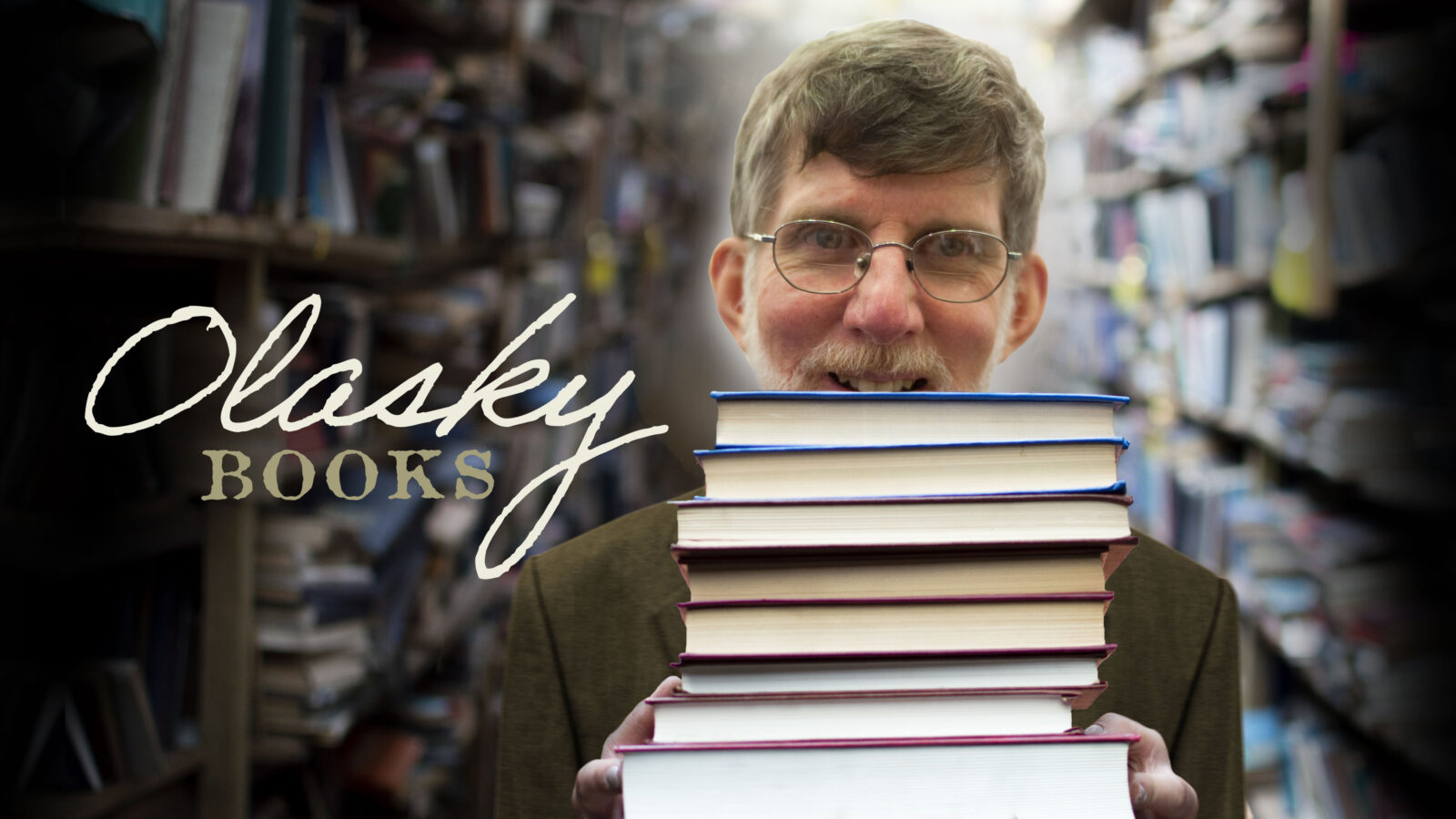World Serious
Here’s a baseball metaphor as the World Series approaches: Many pastors and deacons have trouble throwing strikes when a poor person approaches a church for financial help. Instead of giving him a chance to hit, they hand him a walk to first base by treating the requestor as helpless and merely asking “What do you need?” Michael Mather’s Having Nothing, Possessing Everything (Eerdmans, 2018) suggests a better question: “What can you do?”
Other Mather questions: “What three things do you do well enough that you could teach them to someone else? What three things would you like to learn that you don’t already know? Who besides God and me [the interviewer] is going to go with you along the way?” The iron rule: “Never do something for someone that they can do for themselves.”
Mather put this questioning into practice as a pastor in Indianapolis who practiced ABCD (asset-based community development): Rather than pay someone’s bill, see what product they can make or what service they can render, and then pay them for it.
Questions that led to good results included: Do you garden? Do you play a musical instrument? Do you know how to put up drywall or fix a toaster?
Other good conversational practice: Ask a person to tell a story, which “often reveals surprising truths that the usual practiced pleasantries hide.” Don’t directly ask people what their gifts are, because people hem, haw, and may not want to talk about themselves. Ask people what gifts their neighbors, housemates, and family members have. Churches can then build bottom-up plans based on the gifts people have. After all, the reality of compassion is an argument for God.
Getting back to the World Series: If there’s a slow moment when you’re watching, how about diving into the books of essays by Roger Angell, probably the best writer about baseball ever? The Summer Game, Five Seasons, and Once More Around the Park are among the most thumbed-through books on my shelves. And now there’s a good biography of Angell: Joe Bonomo’s No Place I Would Rather Be (University of Nebraska Press, 2019 and 2023).
Angell, who died last year at age 101, kept writing until close to his earthly end. He had a heart for the small deaths that hit baseball players when they lose their edge. One of Angell’s most poignant pieces is based on his spending time with Steve Blass, a great, young pitcher in the early 1970s who suddenly, bizarrely, could no longer throw strikes.
Angell invited Blass to go mentally through the lineup of the Cincinnati Reds, the best team in baseball in 1975 and 1976. He listened avidly as Blass explained pitch by pitch how he would strike out outstanding hitters. That’s a lot like life: As old age comes we can’t do what we once could do physically, but we’re wiser in how to proceed. That’s not a bad bargain.
While official racism in America has declined, discrimination by social class may have grown. Richard Kahlenberg’s Excluded: How Snob Zoning, Nimbyism, and Class Bias Build the Walls We Don’t See (PublicAffairs, 2023) examines how zoning that allows only single-family homes on extensive acreage restricts economic activity and upward mobility. The author, conspiracy-minded at times, suggests that rich folks purportedly like racial divisions because they leave workers waving pitchforks at each other rather than the upper class.
There’s a simpler reason for zoning decisions: Homeowners want to protect their investments. We could find common ground about our grounds: Allowing a fourplex on a single-family block, or a tiny house at the back of an acre, would help our society without affecting what for most families is their leading storehouse of wealth.
Along these lines, Christian Kiefer’s The Heart of It All (Melville House, 2023) is a brilliant novel that depicts the relationships of three distinctly different families in a small Rust Belt city: the white Baileys, the Pakistani Marwats, and the black Shaws. Kiefer skillfully gets us to sympathize with each family in an America where trust wanes and suspicion waxes. He takes us through a discontented “winter huddling through the glacial cold and now at last they emerge [from church] to find Ohio in the spring. This is what was promised in the shifting stained-glass interior, their souls anointed by Christ.”
Two-thirds of Godless Utopia (Fuel, 2019) is pictures, and that makes it special. Many have written about (to quote the subtitle) Soviet Anti-Religious Propaganda, but author Roland Brown shows us dozens of illustrations from Bezbochnik (best translated as The Godless), a monthly — sometimes biweekly — magazine published in Moscow from 1926 to 1941. Put “Bezbochnik” in your search engine to get a taste of what a truly “negative world” for Christianity looks like.
If you would like to receive the Olasky Books newsletter in the future, subscribe at www.discovery.org/olasky. If you’d like to contribute to Discovery Institute, go to www.discovery.org/donate. You can find previous issues of Olasky Books here.
